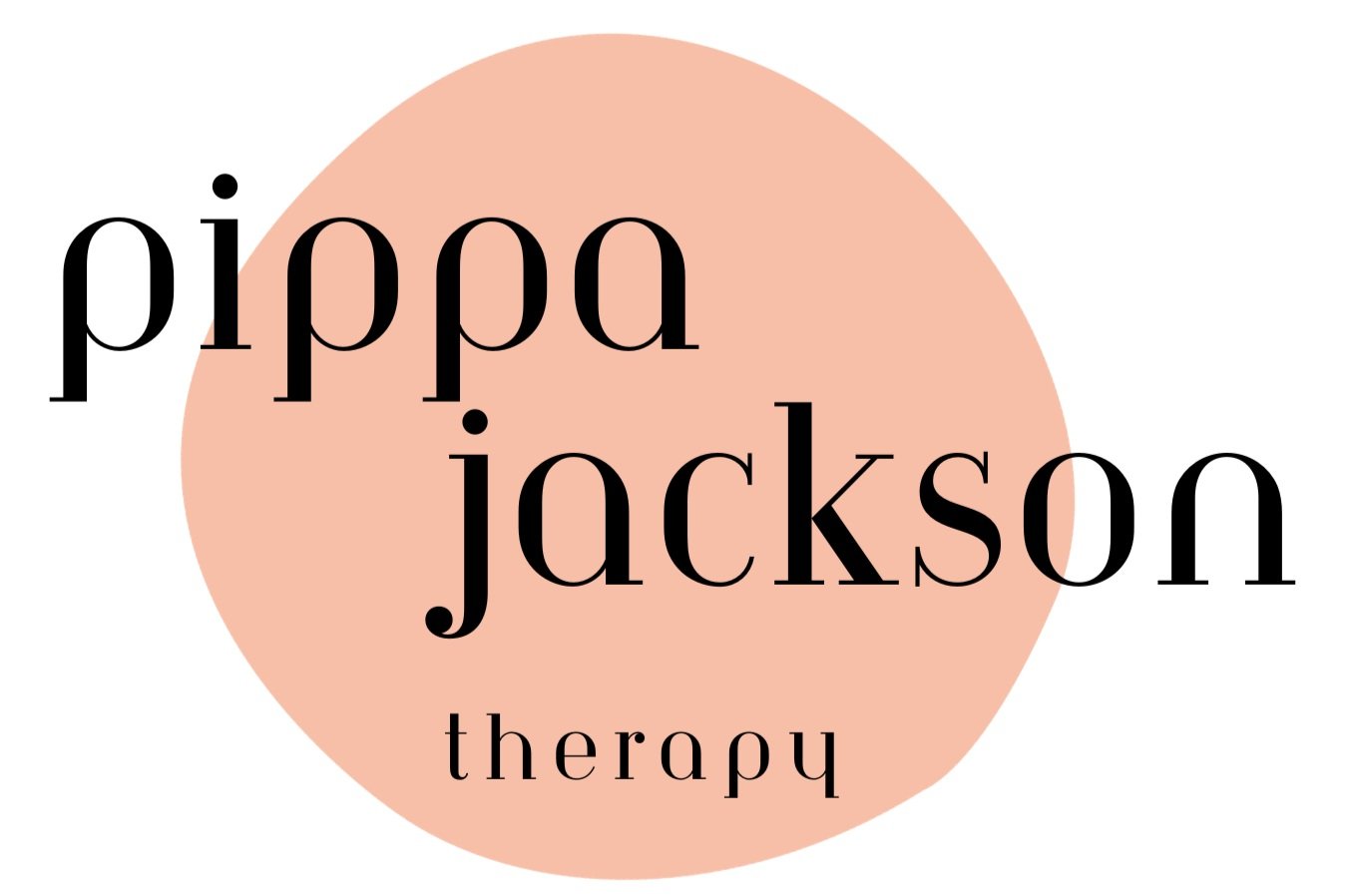5 simple ways to introduce mindful moments into your daily routine
I used to feel like I was always rushing; rushing to work, to meet someone, or even to get to a relaxing yoga class. It often felt like there was no space to slow down, and the idea of adding mindfulness to my day felt like just another thing on an already overflowing list. But as I began to explore mindfulness more deeply, I realised it’s not another task to tick off. It’s a shift in how we pay attention. A change in state. And that shift can be incredibly soothing and regulating for our overstretched, stressed-out nervous systems.
What if a few small pauses in your day could help you feel more grounded, calm, and present? Mindful moments don’t have to take a lot of time. These gentle practices can help regulate your nervous system and build emotional resilience.
What is nervous system regulation and the window of tolerance?
Our nervous system is always responding to our environment. When we feel safe and settled, we’re within what’s known as our window of tolerance. This is the zone where we can think clearly, connect with others, and manage stress effectively.
When we move outside of this window, we might feel anxious, overwhelmed, shut down or disconnected. This is a natural part of being human, especially during periods of stress or emotional intensity.
The good news is that with practice, we can gently bring ourselves back into our window of tolerance. And each time we do, we actually help to widen it. Over time, this increases our ability to stay regulated and respond with more ease, even during difficult moments.
Here are five simple mindful moments you can add into your day to support nervous system regulation and increase your sense of calm.
1. Start your day with a mindful sip
Before diving into your to-do list, take a few minutes to fully experience your morning tea or coffee. Wrap your hands around the mug. Feel the warmth. Inhale the smell. Notice the taste with each sip.
Allow yourself to be present with this small ritual. It’s a gentle way to signal to your body and mind that you’re safe, grounded, and ready to start the day with intention.
2. Unplug and connect with nature
Next time you go for a walk, try leaving your phone in your pocket or switching it to silent for a few minutes. Unplug your headphones and pay attention to your surroundings. Notice the colours of the trees, the texture of the leaves, the sounds of birds or footsteps, the smell of the air, the feel of the ground beneath you. You might like to stop and look at or touch something you find interesting or pleasing.
This practice, sometimes known as nature bathing, can be incredibly grounding and soothing for the nervous system. Even a short mindful walk can help you reset and recharge.
3. Feel into moments of connection
Moments of connection with others are powerful. Whether it’s a hug with a loved one, stroking your pet, or cuddling a child, pause and take it in. Feel the warmth of their body, notice their scent, tune in to the rhythm of your breathing together. Physical touch with a trusted other can activate oxytocin and make us feel safe and relaxed. Notice if being with this person shifts something within you.
Let yourself soften into the moment. These small interactions can bring us back into regulation, offering a sense of safety and calm.
4. Try “cold air, warm air” during stressful moments
When you feel stressed or overwhelmed, try this simple breathing practice. As you inhale, quietly say to yourself "cold air in" and notice the cool air entering your nostrils. As you exhale, say "warm air out" and feel the warmth leaving your body.
Repeat this as many times as you need. It helps anchor your attention in the present and gives your nervous system a message of safety.
5. Pause before you eat
Before your next meal, take a moment to really look at your food. Notice the colours and textures. Inhale the aroma. Think about where your food has come from, how it was grown or made, and the journey it took to reach your plate.
Bringing awareness and gratitude to the act of eating can be incredibly nourishing. It encourages mindful eating, supports digestion, and builds a deeper connection with your body.
Final thoughts
Mindful moments don’t need to be big or time-consuming. These small, intentional pauses in your day help regulate your nervous system, reduce stress, and widen your window of tolerance over time.
Whether it’s a mindful sip of tea, a moment of connection, a deep breath, or a quiet walk in nature, these practices remind you that you can return to yourself anytime.
Start where you are. Begin with one mindful moment today.



